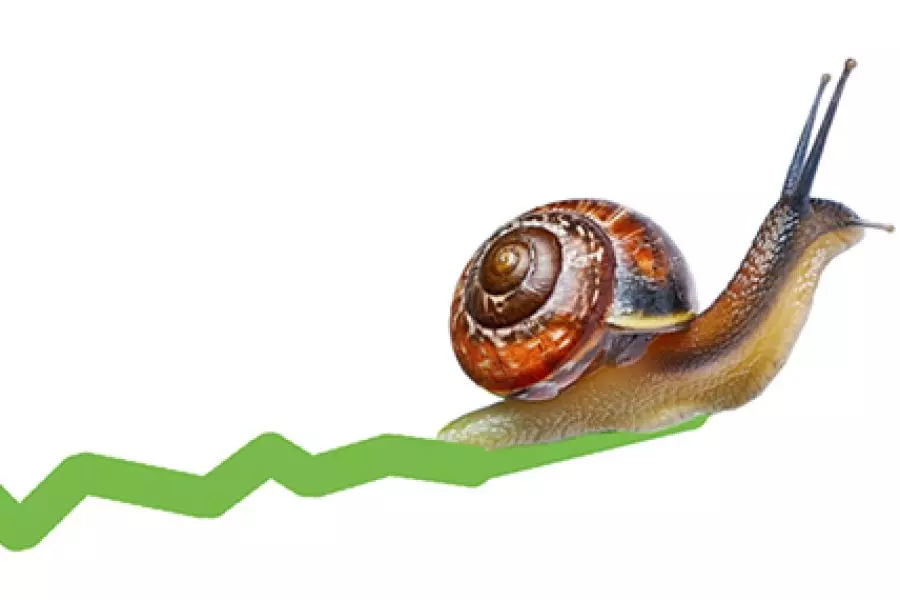News
House price growth slows, led by super city

Wednesday 3rd of May 2017
Auckland led the slowdown, with a drop in average values of 0.4% over the past three months and annual growth of 10.7%, the slowest rate since 2014.
QV spokeswoman Andrea Rush said the property market was still constrained by the most recent round of loan-to-value restrictions.
Investors made up 39% of sales but she said that figure was being propped up by those who did not need...
Want to read the full article?
Click the button below to subscribe and will have unlimited access to full article and all other articles on the site.
2 min read






![[The Wrap] Bye Bye Bayly](https://goodreturns.publit.io/file/c_fill,w_900,h_600/39f23ac1-f7c7-4854-b700-a150004ebbac.webp)


